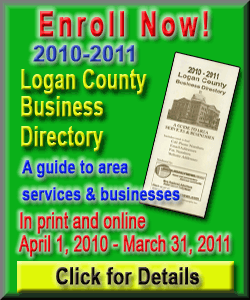| ||||||||||
| ||||||||||
"In the voting systems industry, perhaps more than any other, the failure of the market can affect the public interest in a way that goes to the heart of our democracy," Schumer said in a letter urging Attorney General Eric Holder to take a close look at ES&S. In an industry plagued by equipment malfunctions, wrongly recorded votes and a lack of transparency, the need for increased quality competition
-- not less competition -- is essential, John Bonifaz, legal director of the voter advocacy group Voter Action, wrote Schumer. Election failure on a large scale has the potential to destabilize the nation, so ES&S must divest some of its assets, reduce the scope of election jurisdictions subject to its software and take other steps to offset the increased threat to national security, a coalition of 19 election experts and groups including Common Cause said in a Feb. 12 letter to Justice's antitrust division. ES&S voting machines counted approximately 50 percent of the votes in the last four major U.S. elections, says the company's Web site, and ES&S boasts "one-stop-shop full-service election coordination from start to finish." On Wednesday, ES&S defended its performance, saying that since the acquisition last September, the company has supported successful elections in many jurisdictions that previously were customers of the Diebold subsidiary. Changes enacted by Congress after the Bush v. Gore vote in Florida in 2000 require a certification process for voting machine companies that is so time-consuming and costly it discourages companies from plunging into the business to compete with ES&S, some state and local election officials say. "I'm surprised and strongly believe the elections community is lucky to still have as many voting equipment vendors in existence as we do today," Iowa Secretary of State Michael Mauro, a Democrat, said in a letter to Schumer. The secretaries of state in California and Connecticut expressed concern about the merger, as did some local election officials in Florida, California and New Mexico. ___ On the Net: Election Systems & Software Inc.: http://www.essvote.com/
[Associated
Press;
Copyright 2010 The Associated Press. All rights reserved. This material may not be published, broadcast, rewritten or redistributed.
News | Sports | Business | Rural Review | Teaching & Learning | Home and Family | Tourism | Obituaries
Community |
Perspectives
|
Law & Courts |
Leisure Time
|
Spiritual Life |
Health & Fitness |
Teen Scene
Calendar
|
Letters to the Editor